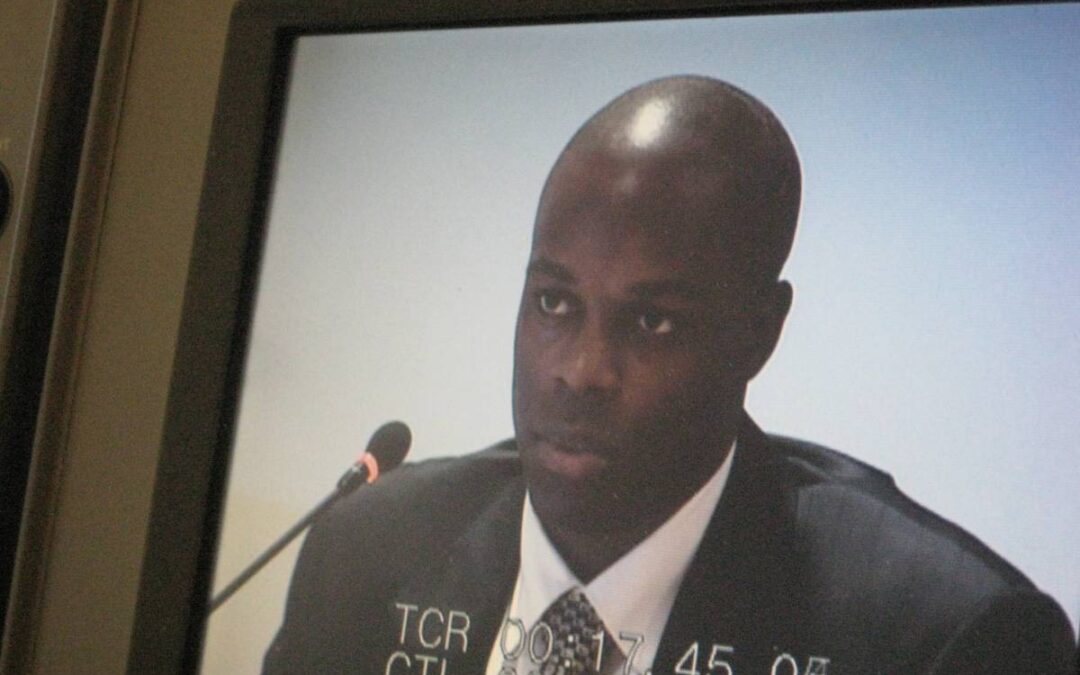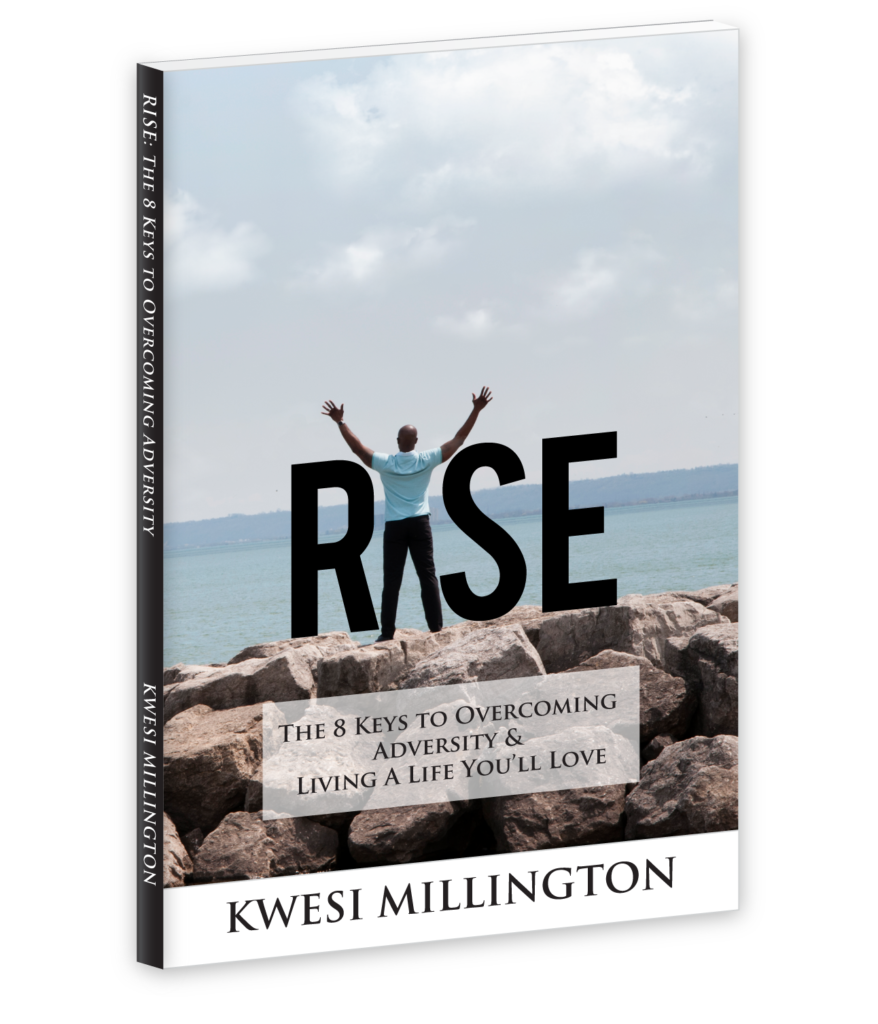It may have cost me my freedom.
In the beginning of March 2009, I took the stand in a public inquiry. I was a police officer. I was explaining the actions I took on a tragic night in 2007.
My lawyer “prepared” me. He asked me questions in a very adversarial tone to mimic the heat I would get from almost 10 representatives over three grueling days in that inquiry. I walked into that courtroom ready.
The good news: I told the truth, and I kept my cool under the most intense pressure anyone could face in a courtroom.
The bad news: I wasn’t true to myself. To who I was as a person.
I watched the replay of my testimony, and was left wondering: “Who was that guy?”. Sure I answered all of the questions clearly and articulately, but I lost myself in the process. I felt so much pressure to answer accurately, that I lost what I call the “authenticity of personality” in the process. No one who watched my testimony would have any clue as to who Kwesi Millington was.
Ironically, even though I told “the truth, the whole truth, and nothing but the truth” with poise, my words were still twisted, I was charged with perjury, and lost my career and freedom.
A 2017 study from the University of Phoenix outlined that 85% of first responders face mental health challenges. Many of those will be diagnosed at some point with depression and/or PTSD, as I was in 2010. Now yes, much of that has to do with what is witnessed and experienced on the streets, in the hospitals, and even at home. However, the slide into mental illness is accelerated when authenticity is stifled.
Just as when I walked into that courtroom, I put away “Authentic Kwesi”, and pulled out the “Calm, Courtroom Cop Kwesi”, I used to see many a police officer tuck their emotions into their back pocket. The back to work, forget about your feelings mentality is a dangerous one. Why? Because it creates a one-dimensional, inauthentic, hyper-vigilant and hyper-focused person who can’t see anything outside of what they do. Which begs one question – what happens when that person no longer has that “what they do” anymore? They’re left with nothing. At least it seems that way.
That leads to depression. That leads to hopelessness. That leads to suicide.
I know. I’ve been there. At the edge.
Remember this phrase that I wrote in my book RISE – The 8 Keys to Overcoming Adversity: “In our imperfections, we make the deepest connections.” Inauthentic attitudes cost you your freedom. Your mental freedom. Take some time to think about how you feel about things – everything. Take time to think regularly. Ask yourself “Is this the true me? Am I truly expressing myself here? Or am I saying and doing what is expected of me instead of expressing my inner experience?”
Stop pretending you’re someone else. Stop pretending you don’t have feelings. Stop pretending you’re always strong.
Authenticity leads to Serenity.
So who are YOU?
Kwesi Millington, Resiliency Expert, Author & Certified Wellness Coach
Get Chapter 1 of my book RISE: http://www.rockingresilience.com
Take the Free Resiliency Assessment: http://www.resiliencetest.ca



Everything is very open with a clear clarification of the issues.
It was definitely informative. Your site is useful.
Thank you for sharing!
Thank you!